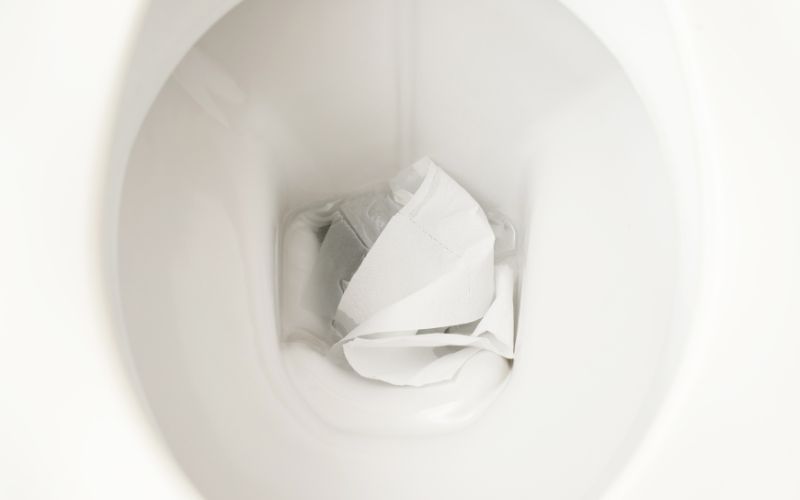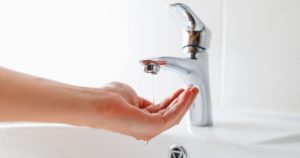Flushable wipes are popular for personal hygiene, providing a cleaner feel than toilet paper. However, are they really safe for your plumbing? Many homeowners in Clifton, NJ, ask this question. Despite being marketed as “flushable,” these wipes can lead to severe plumbing issues, including clogs and damage to your septic system or sewer lines.
In this guide, we’ll answer common questions about flushable wipes and their impact on your plumbing system. We’ll also explain when you should call in professional help.
Can Flushable Wipes Cause Damage to My Plumbing?
Although labeled as “flushable,” these wipes do not disintegrate as easily as toilet paper. Flushable wipes contain non-biodegradable materials like polyester, which take longer to break down. When flushed, they can accumulate in your plumbing system, leading to blockages and even pipe damage over time. For example, a clogged toilet or backed-up sewer line can occur due to flushable wipes becoming lodged in the pipes.
If you’ve been using flushable wipes regularly, consider the risks they pose to your home’s plumbing. A professional drain cleaning service may be needed to prevent further issues.
Learn more about the benefits of professional drain cleaning.
Risks of Flushable Wipes to Septic Systems and Sewer Lines
For homes with septic systems, flushable wipes pose a particularly high risk. They don’t dissolve as easily as toilet paper, leading to the build-up of solid waste in your septic tank. This results in the tank needing more frequent pumping, which increases plumbing costs and the risk of system failure.
Similarly, homes connected to municipal sewer systems are not safe from the hazards of flushable wipes. These wipes can block sewer lines, leading to back-ups that might require costly sewer line repair.
Find out more about sewer line maintenance and repair.
How to Unclog a Toilet Blocked by Flushable Wipes
If your toilet is clogged due to flushable wipes, you can try a few DIY solutions before calling in a plumber:
- Use a plunger: A plunger can help dislodge the wipes from the toilet pipes, allowing water to flow again.
- Try a toilet snake: If the plunger doesn’t work, a toilet snake can reach further into the pipes to pull out the clog.
- Call a professional: For severe clogs or if you’re unsure how to proceed, it’s best to call a professional plumber to avoid causing further damage.
When to call a professional for plumbing repairs.
Frequently Asked Questions About Flushable Wipes
Q: Can I flush flushable wipes down the toilet safely?
A: Despite being labeled as flushable, these wipes don’t break down like toilet paper. It’s safer to dispose of them in the trash.
Q: What should I do if I notice a slow drain after flushing wipes?
A: A slow drain could indicate a blockage. Try using a plunger or call a plumber if the problem persists.
Q: Will flushable wipes damage my septic tank?
A: Yes, flushable wipes can accumulate in your septic tank and cause it to fill up faster, requiring more frequent pumping.
Protect Your Plumbing
The use of flushable wipes might seem convenient, but they can lead to significant and costly damage to your plumbing system. If you’ve noticed recurring clogs or slow drainage, it’s time to consider calling the professionals at Clifton Plumbers. Our team is experienced in dealing with plumbing problems caused by flushable wipes and other blockages.
Contact us today to schedule an inspection or repair.




